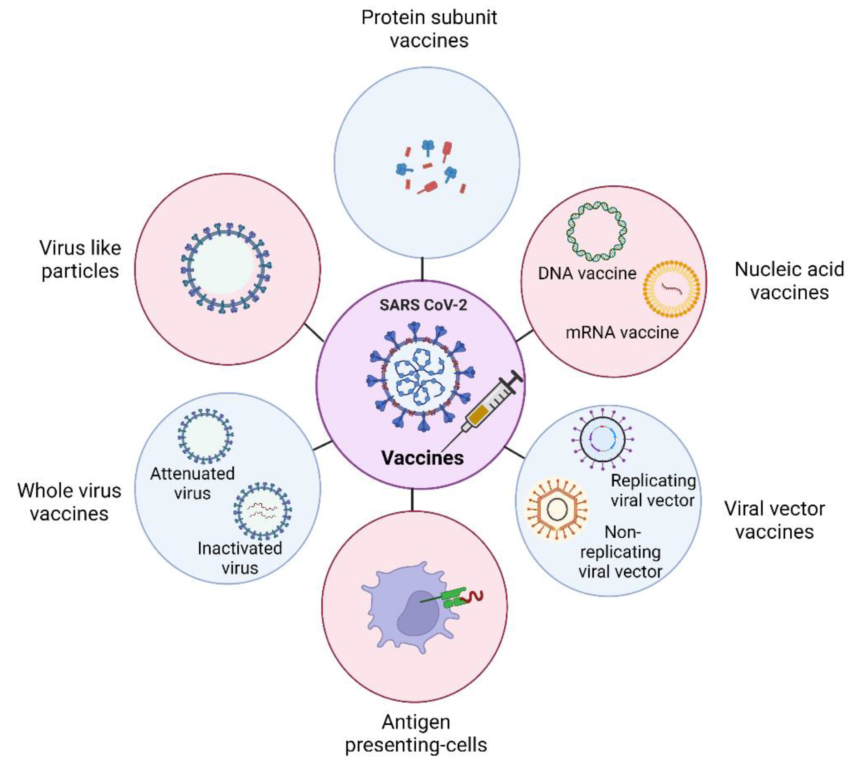The Indian Council of Medical Research (ICMR) has taken significant strides in its quest to combat emerging and reemerging pathogens by forging crucial collaborations with two prominent global institutions. In a recent announcement, Minister of State for Health, SP Singh Baghel, highlighted the government’s efforts to expedite vaccine development for priority pathogens outlined by the World Health Organization (WHO). The partnership aims to explore potential vaccine candidates and evaluate the feasibility of adopting advanced vaccine technology in India.
The Coalition for Epidemic Preparedness Innovations (CEPI) and the International Vaccine Institute, Korea, have become vital allies in the fight against infectious diseases. With their expertise and resources, these institutions are expected to bolster India’s capabilities in addressing critical public health challenges.
The WHO Blueprint Priority Pathogens list consists of infectious agents that pose the most significant threat to global health. These pathogens, often characterized by their potential to cause devastating outbreaks and high mortality rates, demand urgent attention and effective countermeasures. By collaborating with CEPI and the International Vaccine Institute, the ICMR aims to tap into a broader network of knowledge, research, and resources, accelerating the process of vaccine development and implementation.
CEPI, a global alliance committed to fostering the development of vaccines against emerging infectious diseases, has emerged as a key player in the fight against infectious threats. By partnering with CEPI, the ICMR gains access to a vast portfolio of ongoing research on potential vaccine candidates. CEPI’s collaborative approach involves funding and supporting various research initiatives, thereby fostering innovation and expediting vaccine development timelines.
Similarly, the collaboration with the International Vaccine Institute opens doors to cutting-edge technology and expertise in vaccine development. As a renowned international research organization, the institute brings a wealth of experience in vaccine formulation, clinical trials, and regulatory approvals. The exchange of knowledge and technology with such an institution can significantly enhance India’s capacity to address infectious diseases effectively.
One of the primary objectives of this partnership is to assess the feasibility of bringing available vaccine technology to India. This evaluation entails identifying potential vaccine candidates that have shown promising results elsewhere and determining their suitability for the Indian population. Moreover, it involves exploring avenues for local manufacturing or adapting existing technologies to suit the country’s needs, which could potentially lead to reduced vaccine costs and increased accessibility.
The need for vaccines against emerging and reemerging pathogens has become more apparent than ever. Recent outbreaks of diseases like Ebola, Zika, and COVID-19 have underscored the importance of preparedness and swift response measures. By collaborating with global institutions like CEPI and the International Vaccine Institute, India positions itself at the forefront of the battle against infectious diseases.
The ICMR’s proactive approach in seeking international collaborations is a testament to the government’s commitment to public health. It reflects a recognition of the interconnectedness of global health challenges and the necessity of collective efforts to overcome them. Through these partnerships, India not only gains access to valuable resources but also contributes to global efforts to strengthen pandemic preparedness and response.
As the collaboration progresses, it is essential to maintain transparency and prioritize the interests of the Indian population. Rigorous evaluation of potential vaccine candidates, adherence to ethical research practices, and efficient regulatory processes are critical to ensure the safety and efficacy of vaccines developed through this initiative.
The ICMR’s collaboration with CEPI and the International Vaccine Institute marks a significant step forward in India’s pursuit of vaccines against WHO Blueprint Priority Pathogens. By leveraging international expertise and resources, India is poised to enhance its capabilities in combatting infectious diseases and safeguarding public health. As the world continues to grapple with various health challenges, such collaborations epitomize the spirit of global solidarity and cooperation in the face of adversity.




